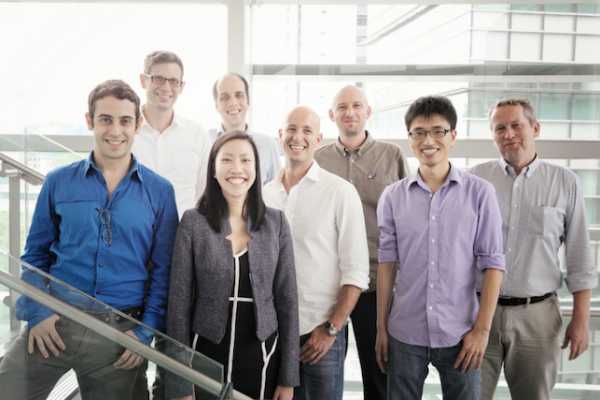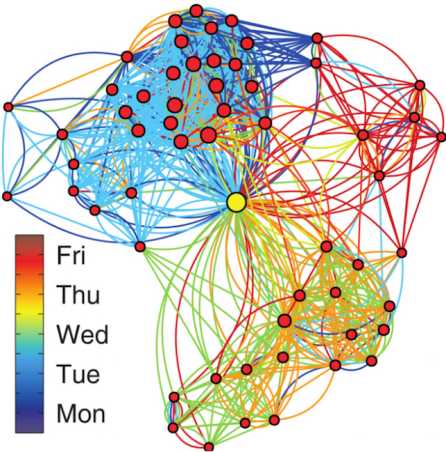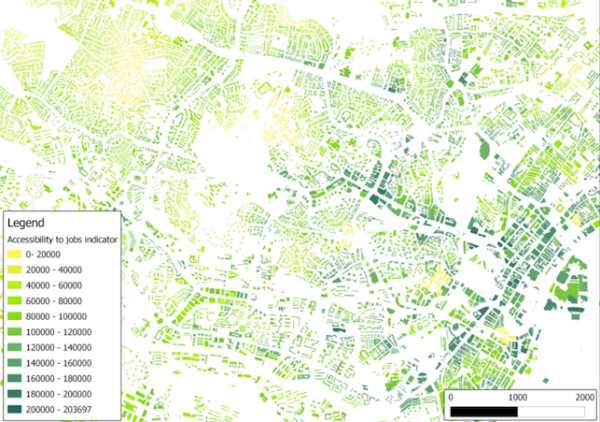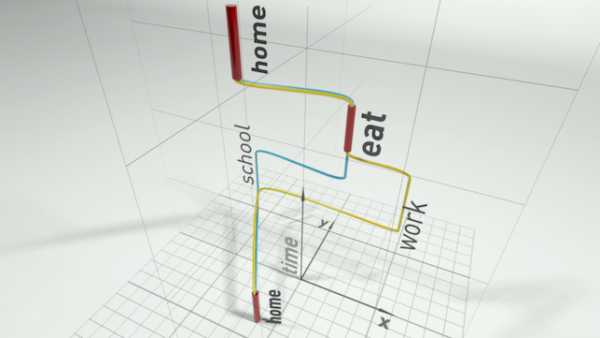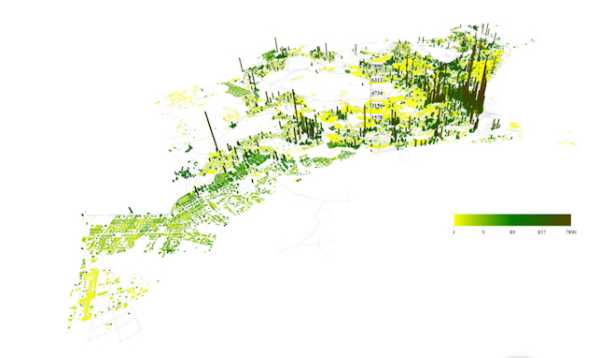Mobility and Transportation Planning
Investigating the flows of people and goods at different time scales to manage, plan and optimise these flows in the context of medium- and long-term policy-making and urban planning
The flow of people and goods within and through city areas is a fundamental dimension of contemporary urban design, planning and management. How these flows are accommodated and integrated into the fabric of the city impacts profoundly on the health and satisfaction of residents, and the economic prosperity and long-term sustainability of the city. The simulation of such flows, whether macroscopic or microscopic, static or dynamic, trip-based or agent-based, supports the aim of balancing travel demand (mobility needs) and travel supply (infrastructures of mobility). While the interaction between the daily flows and the built environment is well understood in theoretical terms and at larger spatial scales, a more refined understanding of the interactions between the actors who animate the built environment remains elusive.
This module advances research into this field by addressing the complexity involved in optimising the flow of a diverse range of people and goods at different time scales. It does so by extending and implementing MATSim, an agent-based transportation simulation software (developed at ETH Zürich, TU Berlin and now in Singapore – www.matsim.org), in conjunction with the acquisition of everyday social data drawn from censuses and household interviews. The module examines medium- and long-term time scales. The medium-term scale starts with the current situation, and addresses issues such as changes in infrastructure, regulation and pricing. The long-term scale refers to more structural kinds of change such as household location choice or the choices of service providers. The insights of this research are used to improve the understanding of residential, workplace and daily travel and location choice, as well as customer/supplier relationships between firms, and directly inform policy-making in the field of transport planning in Singapore and beyond.
The implementation of a full-scale activity-based, multi-agent transport simulation model of Singapore represents a major milestone towards the improved understanding of island-wide mobility at an unprecedented level of detail. In the course of implementation, the module made significant contributions to the emerging field of agent-based transportation modelling and simulation through the development of a number of innovations, as reported in the various publications listed here. Application of the model for scenario analyses and policy evaluation, as well as its further development and enhancement form part of the module’s PhD study topics and allow the team to drive the innovation in the field of activity and agent based transport modelling.
